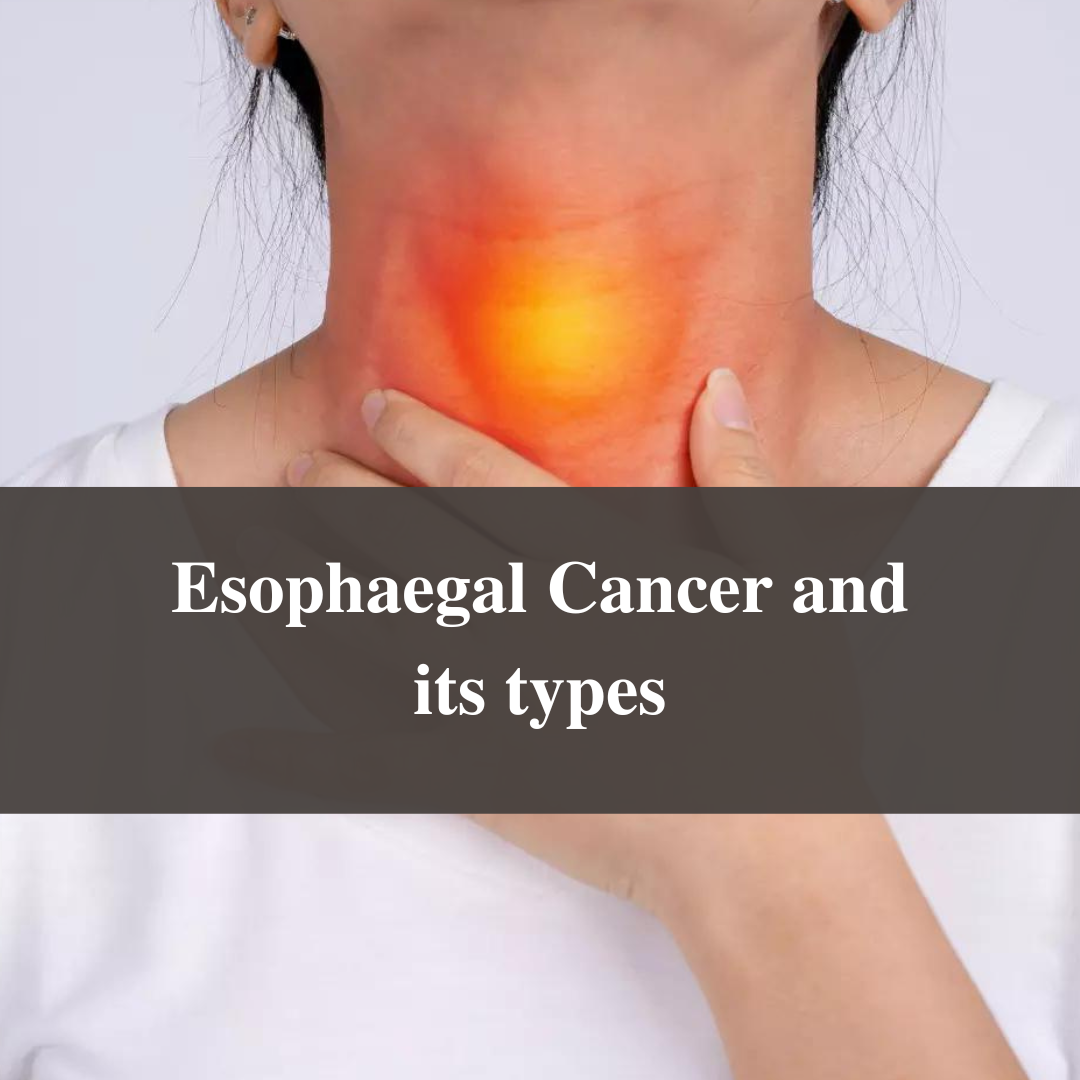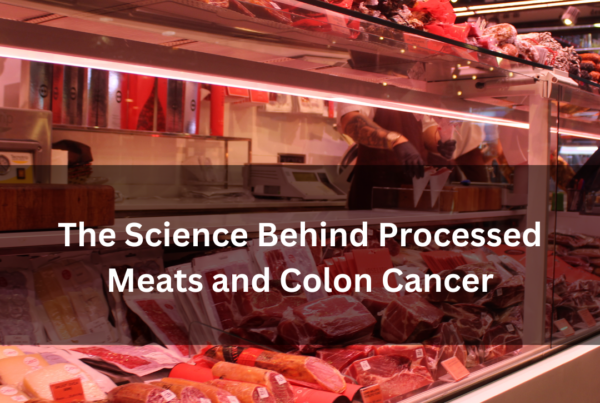
If you or a loved one has been diagnosed with esophageal cancer, you may be asking if the condition is curable. We’re happy to inform you that esophageal cancer may be managed, eliminated, and even “treated” to the extent that the individual no more has any signs of the disease. Nevertheless, the extent of the disease’s progression determines the likelihood of a patient’s recovery from esophageal cancer. This form of cancer can be surgically eliminated in its initial stages by operations and other medical treatments. On the other hand, late-stage tumours require methodical treatment, generally involving radiotherapy and chemo for Esophageal Tumors Treatment Mexico.
Types
One of the two groups best describes more than 95% of esophageal cancer diagnoses. Adenocarcinoma, the most prevalent kind of esophageal cancer, starts in the lower oesophagus and gradually transforms the healthy cells into malignant gland cells. Food enters a healthy body through the mouth and travels through the esophagus and into the stomach, where it is broken down by the liver and gastric juice. However, stomach contents frequently reflux into the lower oesophagus in persons with reflux disease. Barrett’s oesophagus and other unfavourable alterations, such as the growth of adenocarcinoma, can result from the lower oesophagus being repeatedly irritated by acids.
In terms of esophageal cancer, squamous cell carcinoma is the second most common kind. In essence, the squamous cells that ordinarily line the oesophagus have transformed. Cigarettes and regular, excessive drinking are the two risk factors for this form of cancer that are most frequently present.
Esophageal cancer stages
Esophageal malignancies are separated into five stages, numbered 0 through 4. In persons with Barrett’s oesophagus, stage zero cancer, which is a precancerous indication of malignant growth, is frequently discovered during regular biopsies. When malignant cells are found in the esophagus without any localised dissemination, it is determined that the patient has stage one esophageal cancer. When a malignant development is discovered in the fibrous tissue or muscle layer of the oesophagus, stage two esophageal cancer is diagnosed. When the development has entered surrounding tissue in addition to the oesophagus, stage three esophageal malignancies are identified. Stage four denotes a tumour that has penetrated the distal lymphatic system or glands and has grown far past the oesophagus. Hence esophageal tumour treatment is essentially important for all patients suffering from this type of cancer.
Esophageal cancer treatment
During stage 0 esophageal tumour treatment, doctors typically insert a tube down the patient’s oesophagus to remove aberrant cells during gastrointestinal operations. Endoscopic muco resection (EMR), which involves removing the aberrant cells, is a frequent technique for treating stage 0 malignancies. EMR is an ambulatory surgery with a quick recovery period and a high success rate.
A comparable method of employing electric impulses to target aberrant cells is radiofrequency ablation (RFA). With this method, medical professionals may burn malignant cells away. The oesophagus must often be surgically removed when treating stage one esophageal cancer. Nevertheless, if detected early sufficiently, techniques like EMR and RFA could be sufficient.
An esophagectomy is a surgical operation used when it’s necessary. If there are indications that cancer hasn’t been eliminated following surgery, radiation therapy and chemotherapy are also frequently utilised.
Depending on the extent and location of the tumour, chemotherapy may also be administered before surgery. Presurgical chemoradiation can sometimes completely eradicate esophageal cancer. Chemoradiation, operation, accompanied by immunotherapy is the normal course of treatment for stage 2 and 3 cancers. The goal of immunotherapy for Esophageal Tumors Treatment Mexico, is to boost the body’s natural immune defences and eliminate any remaining cancer cells.
Surgically managing stage four throat cancer is quite challenging. The most effective treatments are typically radiation and immunotherapy. Stage four therapy, on the other hand, largely focuses on alleviating the Esophageal symptoms in patients and trying to prevent future spread for almost as much as feasible.
Conclusion
Detection and treatment of esophageal cancer in its earliest stages can increase the five-year overall chances of survival to 55%. The empathetic staff at Immunity Therapy Center can assist you and your family in choosing the most appropriate approach because a patient’s age, general health, and many other factors affect how successfully they respond to Esophageal Tumors Treatment.








